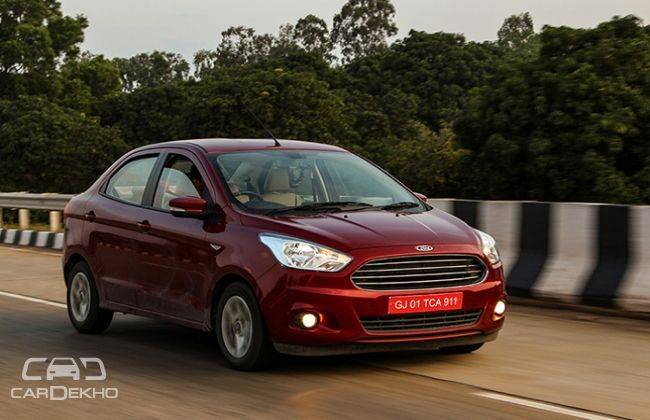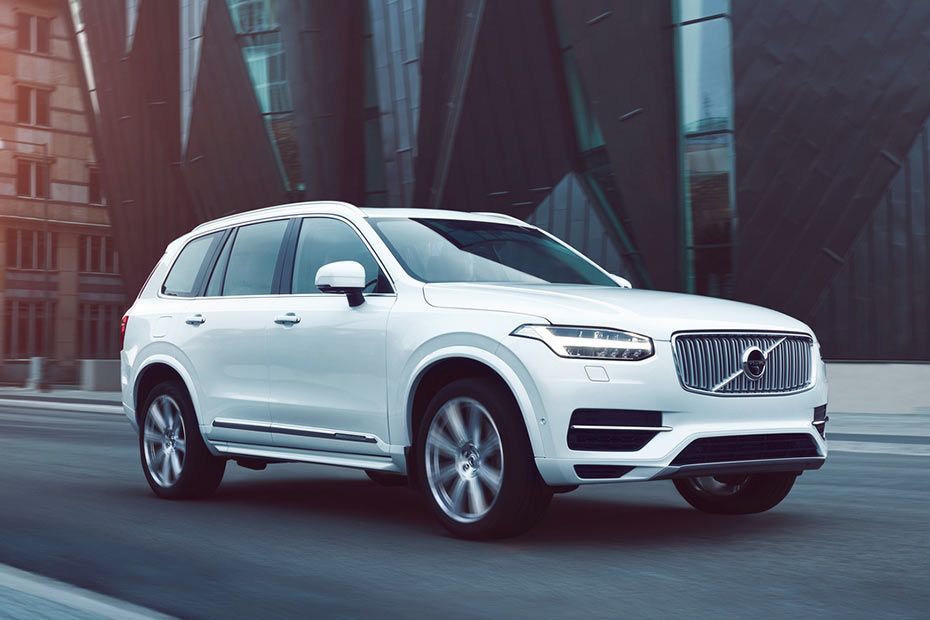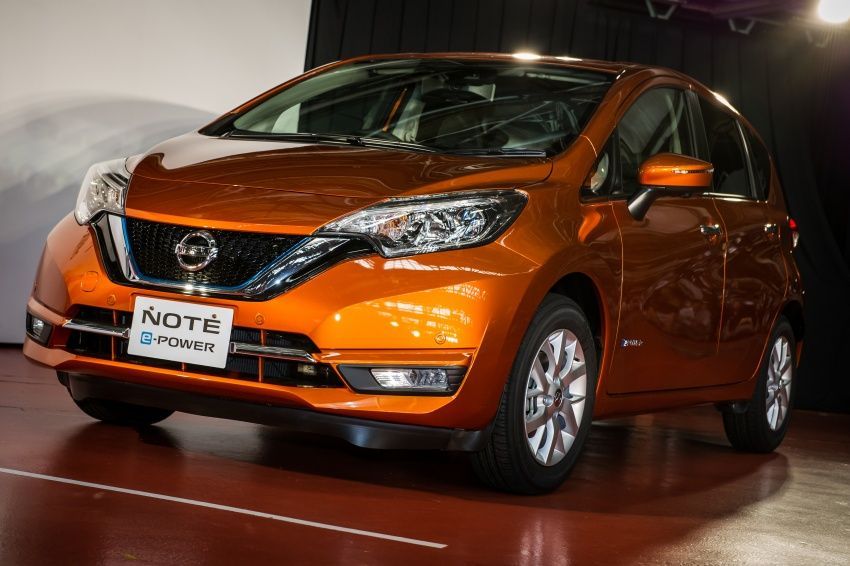5 Habits That Are Killing Your Fuel Economy
Modified On Jul 16, 2016 07:09 PM By Tushar
- Write a comment
In a nation hungry for fuel-efficiency there’s no lack of ‘tips and tricks’ reports you’ll find on the internet. The basics include not revving the engine too hard, driving at a reasonable speed and sticking to the right gear for the driving condition.
But what about your daily driving habits or how you treat your car through its life? There are a few things that you ignore or subconsciously do which kill your fuel efficiency one drop at a time. Here’s a look at 5 habits that you need to change in order to improve your tank range:
Constant Lane Changing

Being stuck in bumper-to-bumper traffic is frustrating and unfortunately, it’s the situation most of us find ourselves in. Constantly shuffling between the clutch, accelerator and brake is a pain, and you may be tempted to jump into the next lane to get ahead. However, more often than not, you turn that steering wheel, move to the next lane where traffic seems to be moving faster, only to get stuck again. Meanwhile, the lane you were previously in starts flowing ahead, only adding to your frustration.
All jumping lanes does is give you the illusion of moving faster, but in reality, you’re burning more fuel while putting in more effort and saving little to no time.
Heavy Passenger Load

The greater the weight in your car, the lesser your performance and fuel economy. Travelling with too many passengers or heavy luggage raises the strain on your engine and can drink up several litres of fuel at the end of the month. However, if you carpool, you can offset the greater fuel consumption by dividing the expense among more people.
Racing Between Traffic Signals

On the open highway, no matter how fast you drive, it's almost impossible to cover more than 50 kilometres in an hour. There's always something that will reduce your average speed. So you can imagine how much slower you travel in urban traffic. This of course, tempts you to slam the pedal and stretch your car’s legs when you get a chance.
It usually happens when you’re the first in line at a signal that’s red. You wait for the light to go green and suddenly think you’re Micheal Schumacher. Sure it’s fun to listen to your engine rev free and enjoy the performance of your machine, but racing between signals has a very bad impact on your fuel efficiency.
You also feel silly when those around you drive in a calm fashion, yet, land up right next to you at the following traffic signal. Additionally, it’s best to assume everyone else is a fool and drive cautiously. Unfortunately, too many motorists and pedestrians ignore traffic signals in India. Driving calmly gives you time to react.
Ignoring Your Tyre Pressure

Considering the fact that many cities in India have broken or damaged roads, your car’s tyres take quite a thrashing. This, combined with the friction generated while driving, reduce the air pressure in your tyre, which has a negative impact on your ride quality, handling, balance and of course, fuel economy.
Maintain the manufacturer recommended tyre pressure at all times. Most fuel stations have air pump facilities that are available free of charge and checking your tyre pressure every week is highly recommended. You can also opt for low rolling resistance tyres to improve your fuel efficiency, but be warned, such tyres don’t offer the best grip.
Not Being Strict With The Maintenance Schedule
Ignoring your periodic maintenance schedule is an invitation for trouble. Checking, replacing or tuning your car’s parts at the appropriate time is as important as giving it fuel to run. Cars have a lot of moving parts that wear out over time and leaving them unchecked reduces your efficiency.

This also leads to a domino effect, where worn out parts damage components they’re connected to. Changing the engine oil and oil filter, cleaning the air filter, topping up the battery electrolyte – they’re all simple tasks that have a major role to play in the keeping your car in the best shape.
Bonus: Idling
Leaving your engine idling consumes a lot of fuel while you make no progress. You might assume that leaving the engine running won’t take up much fuel since no movement is involved, but it does. At individual stops, you may not burn much fuel, but add those stops over a month and you’re looking at litres of petrol/diesel being burnt for no reason. If you foresee yourself stopping at a signal for a minute or more, switching off the engine can do your pocket a lot of good.

Many cars even come equipped with auto start/stop systems to make this more convenient. However, it is recommended that you avoid switching off the engine too soon as that will be counter-productive. Ideally, your engine should be switched off for around 1 minute before being switched on again.
Any fuel-efficiency killing habits that you have in mind? Tell us what they are in the comments section!










